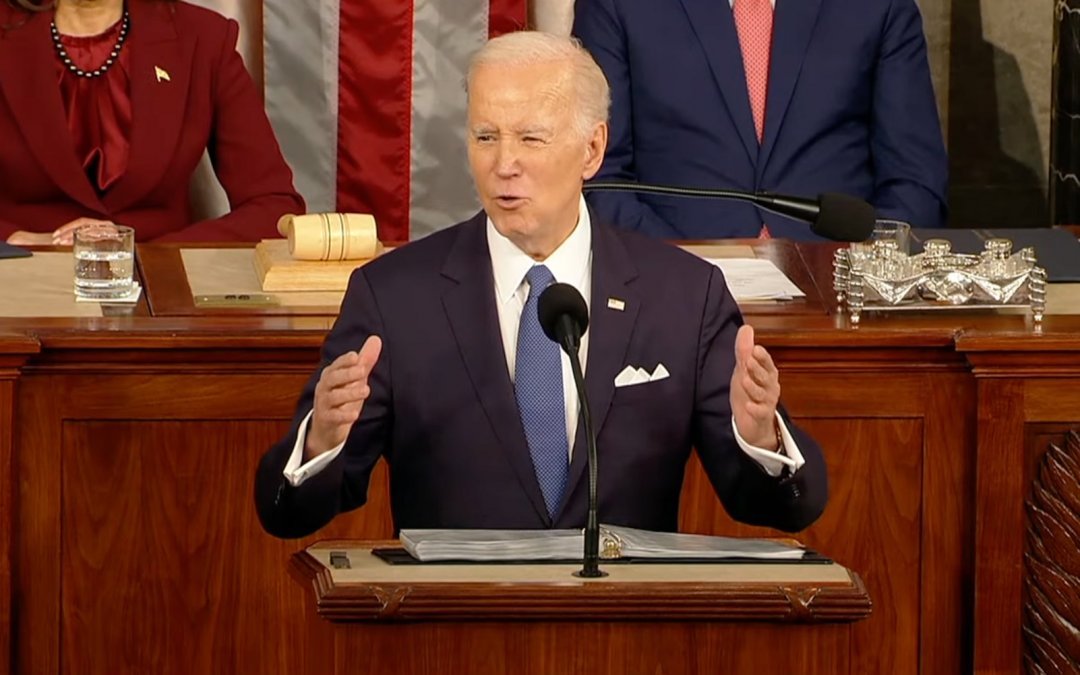WASHINGTON — U.S. relations with China have grown tense lately, especially after the U.S. shot down a suspected Chinese spy balloon. A balloon that “was purposely launched as a calculated show of force,” Rep. Mark Rogers declared Tuesday at an Armed Services Committee hearing.
Congress held two hearings Tuesday to analyze possible responses to China’s latest actions. One focused on an economic angle while the other was military. Both also emphasized the importance of U.S. relations with Taiwan as China further threatens its sovereignty.
A few hours later, Biden addressed the race for power and the fear of probable conflict that goes with it during his State of the Union address. He referred to his meeting with Chinese President Xi Jinping last November saying, “I’ve made clear with President Xi that we seek competition, not conflict.”
Like members of Congress, Biden highlighted investing in technologies that will “dominate the future” and investing in relationships with allies. Biden did not delve much into specific technologies that he wanted more for investment, but earlier on Tuesday, the House Financial Services Committee cited these as artificial intelligence and climate change.
What Biden did not mention was a clear worry for Congress. He did not comment on the importance of Taiwan’s independence and he made no threats of additional sanctions against China, which Congress has long been calling for.
Biden did not extinguish the possibility of a cooperative relationship with China. A surprise, since members of Congress seem to have lost the hope for such a relationship in their respective hearings. Overall, though, he took a stern tone toward China saying, “if China threatens our sovereignty, we will act to protect our country.”

